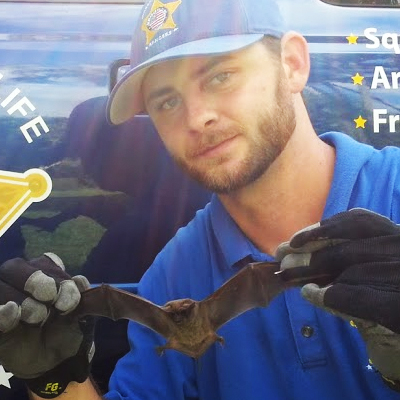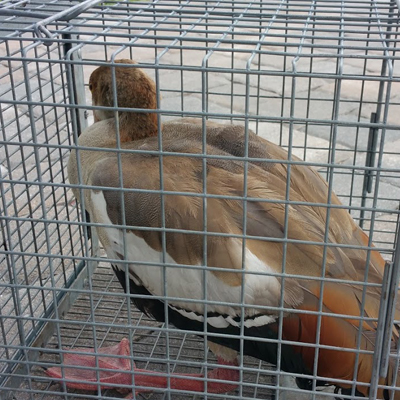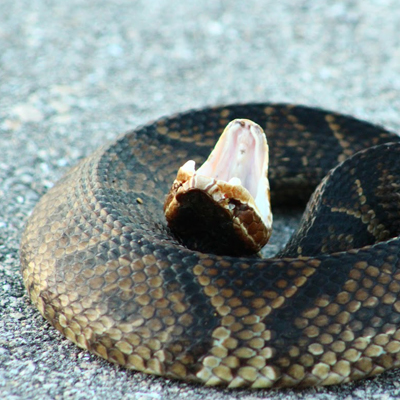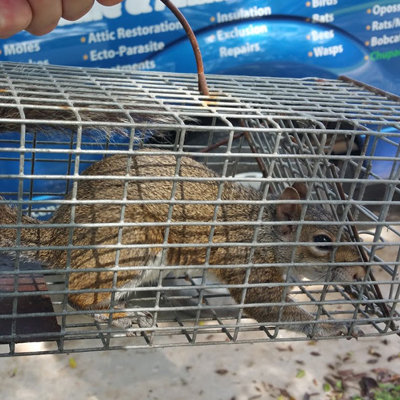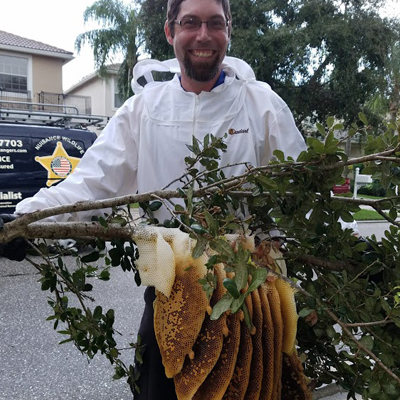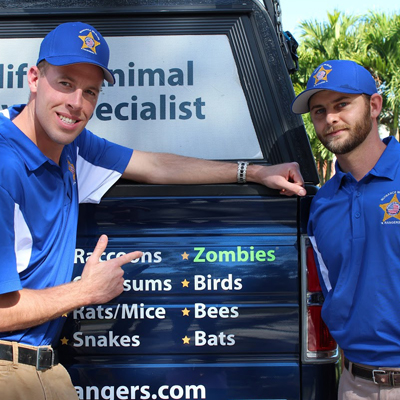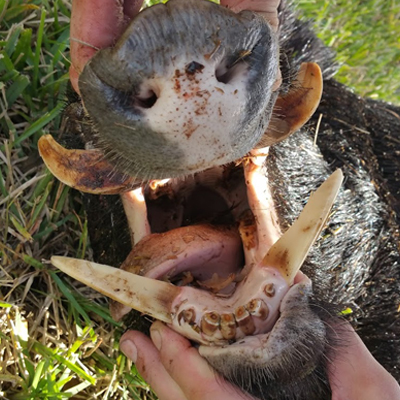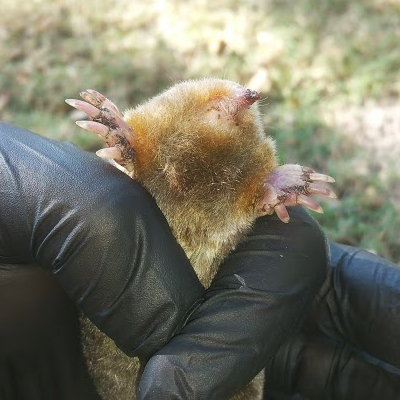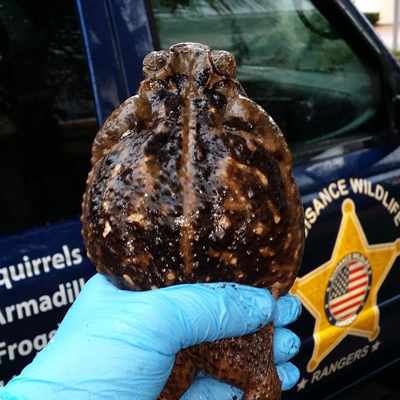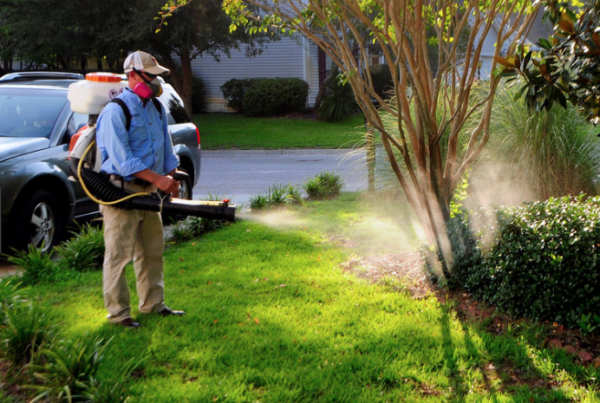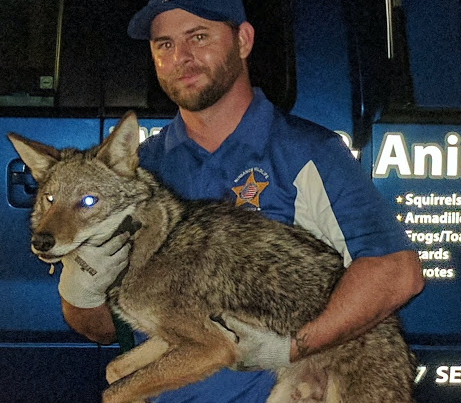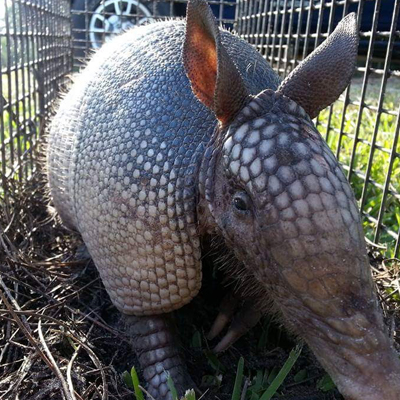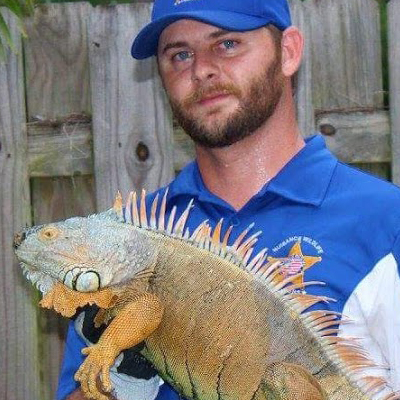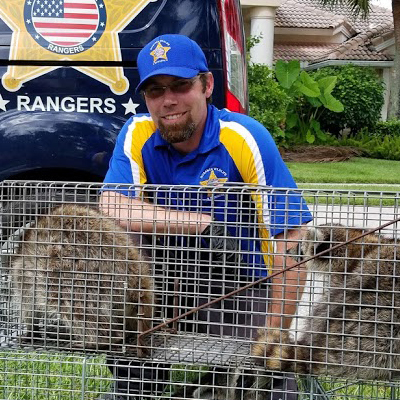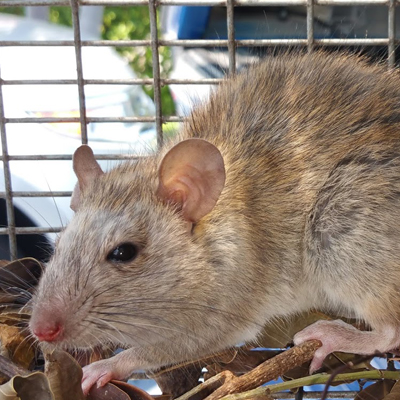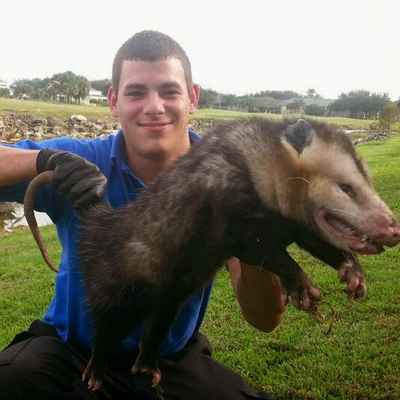For Animal Removal Call (877) 741-7703
Call Us or Fill the Form Below
ANIMAL CONTROL EXPERTS
Opossum Control Wildlife Removal Services
Opossum Removal and Opossum Control is handled throughout Central Florida including Opossum Control, Ft. Myers, Ft. Lauderdale, Miami, West Palm Beach, Port St. Lucie, and the surrounding areas by Nuisance Wildlife Rangers. We provide humane solutions to handle Opossum Removal and Opossum Control. These pests have been found in attics, under houses, under porches, and in many other structures and can be difficult to remove if done by someone that isn’t experienced in wildlife removal.
We specialize in Opossum Removal, Opossum Trapping, and complete Opossum Control solutions.
Opossums weigh about 4-14 pounds and are about the size of a house cat. They have coarse blackish gray fur, a white face, pink nose, and pink tail. Opossums are most active at night when they will scavenge for food in dumpsters and garbage cans. They have also been known to eat pet food that has been left outside and also nuts, fruit, insects, and grass.
Opossum Trapping
Trapping is the most common way to remove an Opossum from your property. The trap is set near the site where the Opossum was last spotted and a food bait is laid out near the trap to entice the pest to enter the trap. Once the Opossum is in the trap, Nuisance Wildlife Rangers will retrieve the trap and humanely remove the animal.
Call Nuisance Wildlife Rangers for Complete Opossum Control Solutions!
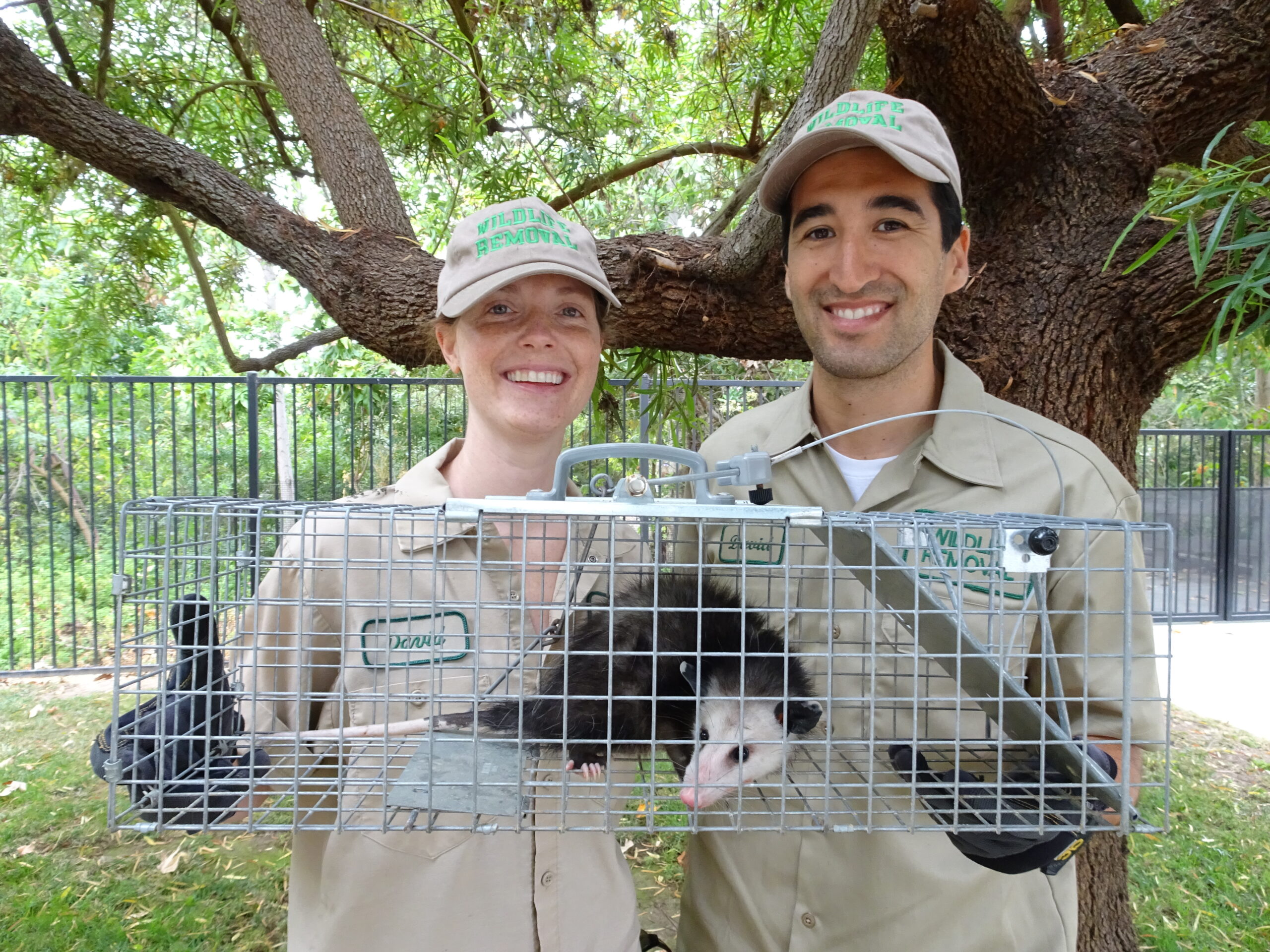
How To Remove Opossums Under A Shed?
Opossums are a common nuisance throughout Florida. These marsupials often damage your property and leave their disease-ridden waste around your lawn, putting your household in danger.
To make matters worse, they often take up residence under your shed — as it provides them with safety and shelter from the weather — which can make it difficult to remove them. Yet you can solve this problem by using some of the following methods.
Traps
Traps are the best way to get rid of an opossum. They’re reusable and very humane. After placing the device and waiting for some time, the opossums will stumble into the trap and be captured. You can then relocate the animal far away from your home and release them without ever hurting them.
To improve your chances of capturing the animal, you should try some of these tips:
- Find the exact location of the opossums and place the trap near there.
- See what paths the animals take when searching for food and set up the device along those paths.
- Add fruits and vegetables as bait.
- Cover the device with leaves and other plantlike to blend it into the environment.
- Install the trap while wearing gloves, to avoid leaving a human scent on the device.
You should also be cautious when relocating the animal, as opossums may try to scratch and bite you from within the cage.
Repellents
A lot of people choose to use repellents like mothballs, predator urine, and ammonia to force the animals to leave. Unfortunately, this rarely works as intended.
Not only can mothballs and ammonia be dangerous to any pets and small children that you have, but opossums quickly grow used to these scents and refuse to leave. That’s why you’re often better off buying traps or calling a professional.
Scaring
Like repellents, some people choose to install devices that scare opossums and force them to leave. These typically include streamers, sprinklers, and spotlights, as well as devices that emit loud noises.
Unfortunately, this isn’t as effective as you might hope. Opossums are clever animals who will quickly realize that they aren’t in any serious danger and will remain under the shed.
Shooting
If opossums are causing you a lot of trouble, it can be tempting to just shoot them on sight. This, however, is illegal as opossums are protected under the laws of Florida. You can only shoot the animals if you spend the time and money to get a proper license.
Poison
Like shooting, poison shouldn’t be used to kill opossums. There are four main downsides to using poison.
- Poisoning animals is inhumane. The poison will cause excruciating pain and make the animal suffer for a long time before it kills them.
- Poisoning animals is ineffective. You need a lot of poison to kill an opossum, and a few of them will survive.
- Poisoning animals is dangerous. If you have any children or pets, you put them in danger by using poison.
- Poisoning animals causes more problems. Even if the poison kills all the opossums, you now have several dead animals under your shed. This will leave a terrible scent and attract more nuisance wildlife.
In addition to all these problems, it is also illegal to use poison as opossums are protected under Florida law.
Prevention
This method is not ideal if you are already facing problems with opossums, but it can be particularly useful to put into place after removing the animals. By using prevention techniques you can stop opossums and other nuisance wildlife from troubling you in the first place. Just take the following steps:
- Clean the garden.
- Get rid of any garbage and debris outside.
- Quickly harvest all fruits and vegetables that you’re growing.
- Install a fence that’s at least 3 to 4 foot tall and that is difficult to climb.
By taking these steps, you can relax knowing that you won’t have to deal with nuisance animals any time soon.
Call Nuisance Wildlife Rangers
You can certainly remove opossums yourself, but getting a professional to do it is often the best approach. This will save you plenty of time and effort, and you can be sure of the results.
By calling Nuisance Wildlife Rangers you can guarantee that the opossums will be removed from your property. We offer our services throughout Southern Florida so call us at (877) 741-7703 to schedule our services today!
Other Services
By Nuisance Wild Life Rangers
Attic Restoration
Dead Animal Removal
Exclusion Repair
Mosquito Control
A Specialist is Close by
For Immediate Assistance Call Now
Established in 2013, Nuisance Wildlife Rangers, LLC is one of the largest privately owned Wildlife & Animal Removal Companies in the state of Florida. We protect homes and businesses from dangerous and destructive wildlife throughout Florida.



